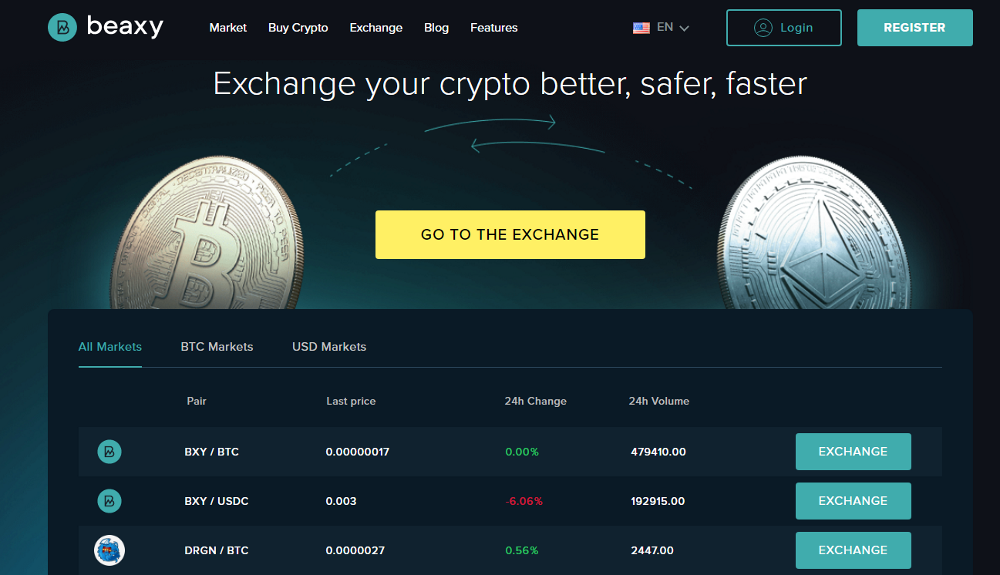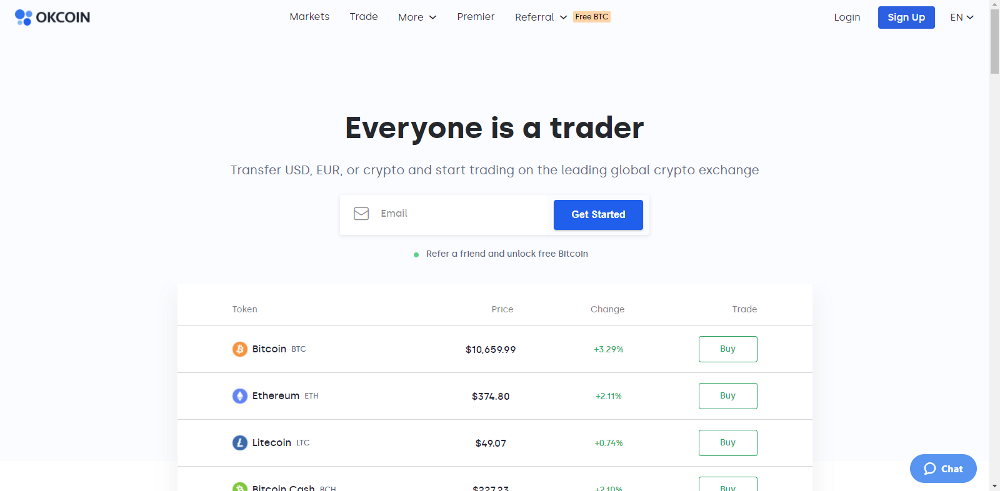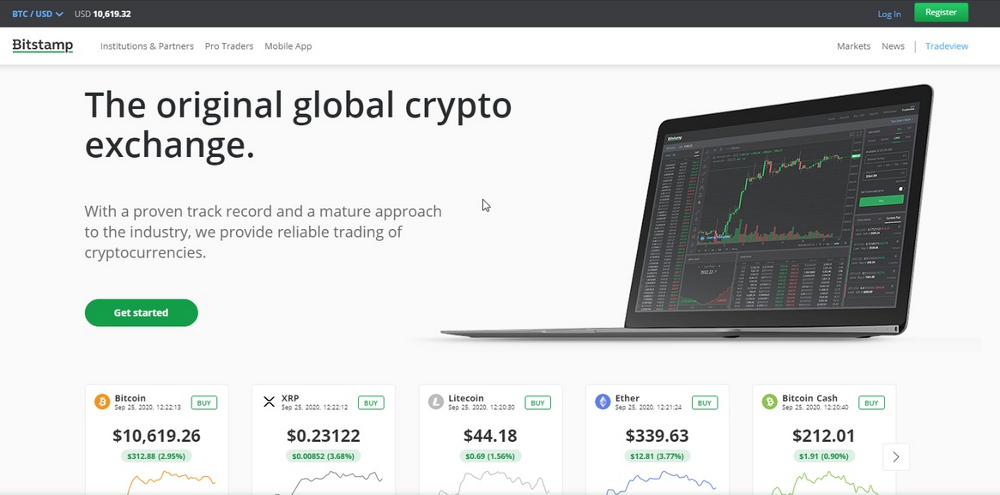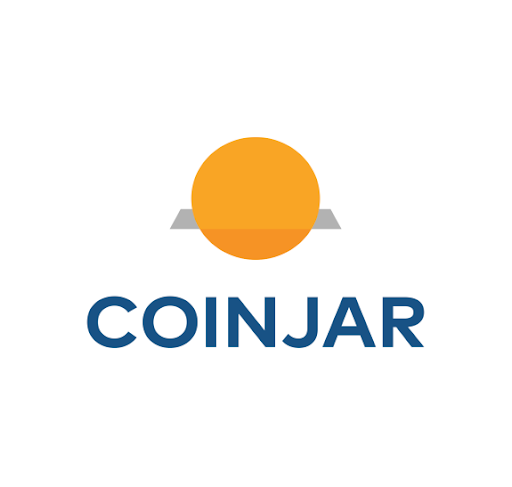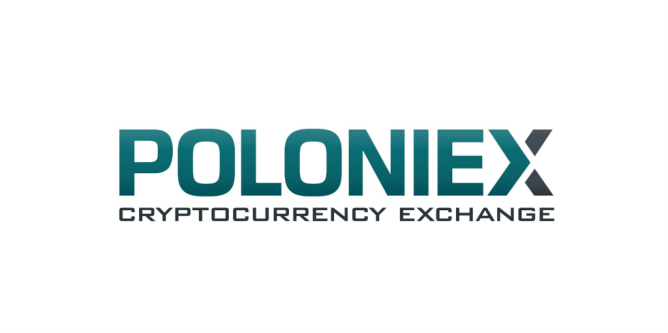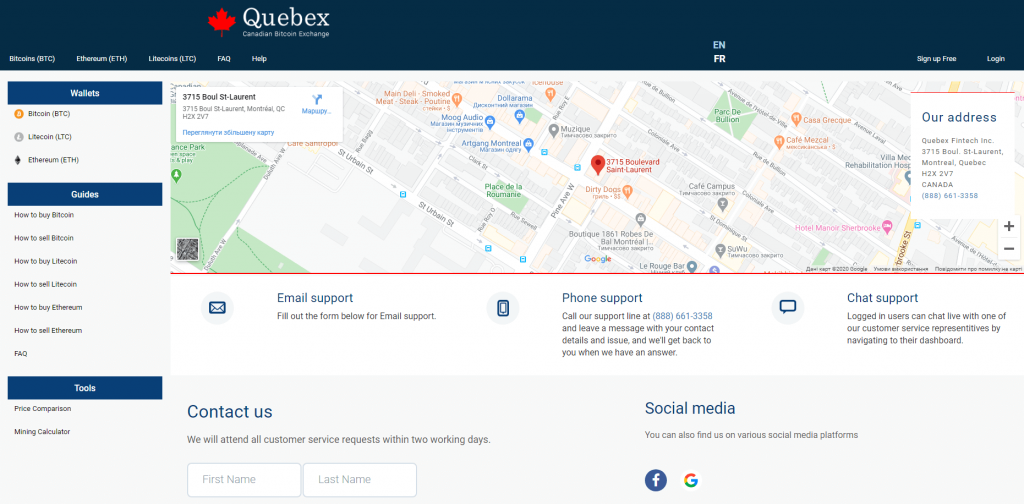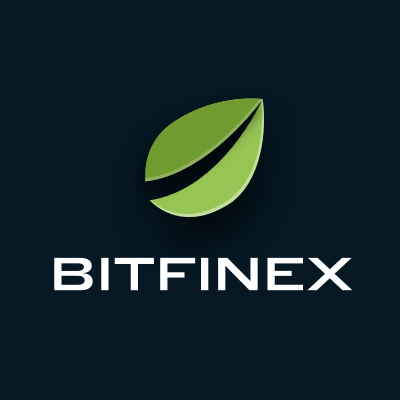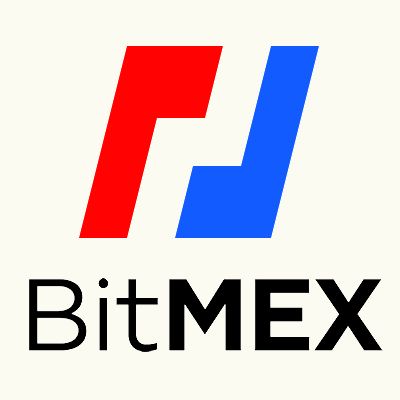Bitcoin Investment
The main motive that drove people to buy a Bitcoin has shifted in the past two years. In a survey, 29% of people wanted to own a Bitcoin in 2016 due to interest in acquiring new technology, 39% used it for payment transactions or remittances, while 12% primarily viewed Bitcoin as a form of investment. In 2016, possession of a Bitcoin was chiefly for technology and as a form of currency.
However, in the study done in 2017, it showed that only 8% remained interested in new technology, and 10% used it as payment for purchase and remittances. 58% viewed ownership of a Bitcoin as an investment. The shift in perception of Bitcoin and even cryptocurrencies, in general, can be associated with the skyrocketing price hikes as 2017 came to an end.
Canadian Banks on Bitcoin Trading Platforms
One of Canada’s largest banks, the Bank of Montreal, joined in other banks in restricting crypto buyers.
In April 2018, the internals of the BMO was leaked. The data was posted on Reddit, exposing data that BMO is restricting its clients from direct withdrawals via Mastercard and Interac Online Payment to strengthen the protection of customer privacy as well as the bank.
BMO is not alone in restricting purchases of crypto. Scotiabank and Toronto Dominion Bank have joined in blocking all purchases of cryptocurrencies via credit cards as it could potentially result in the client becoming too much in debt and without the capability to pay it.
